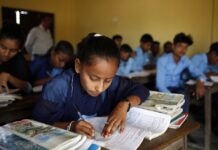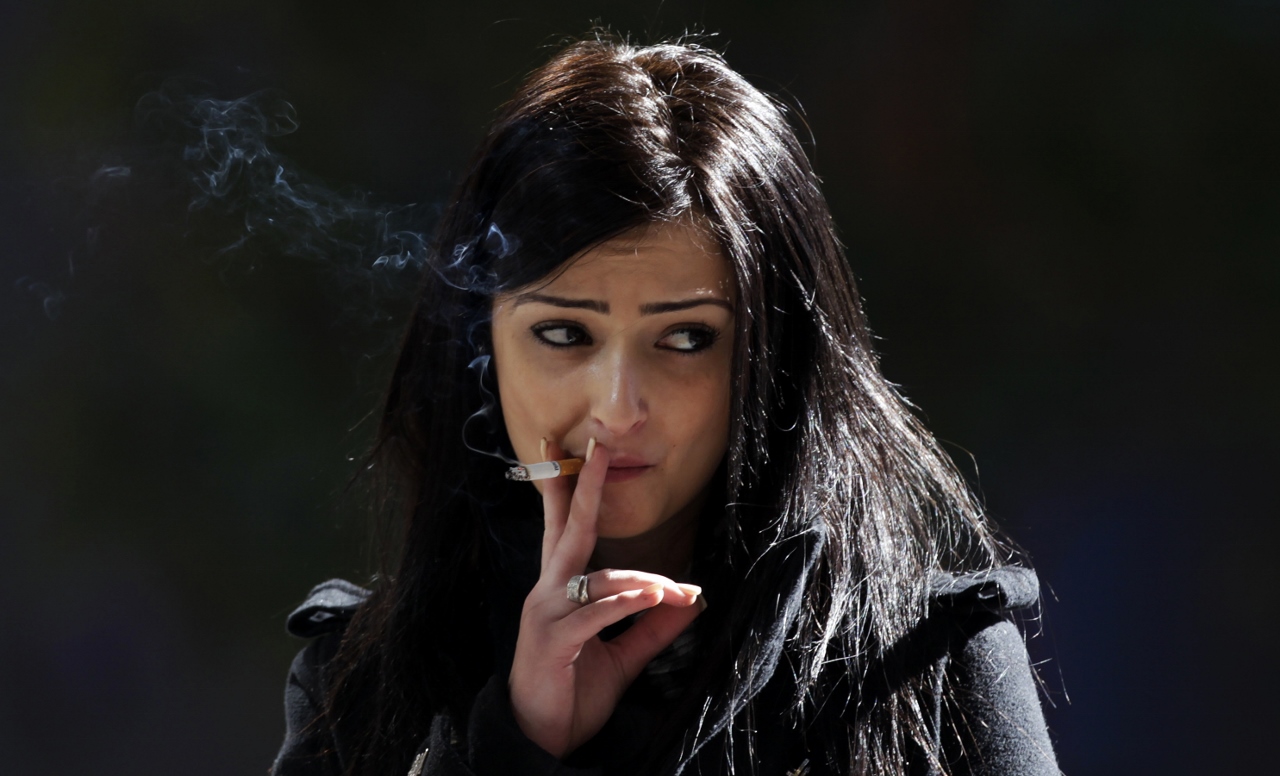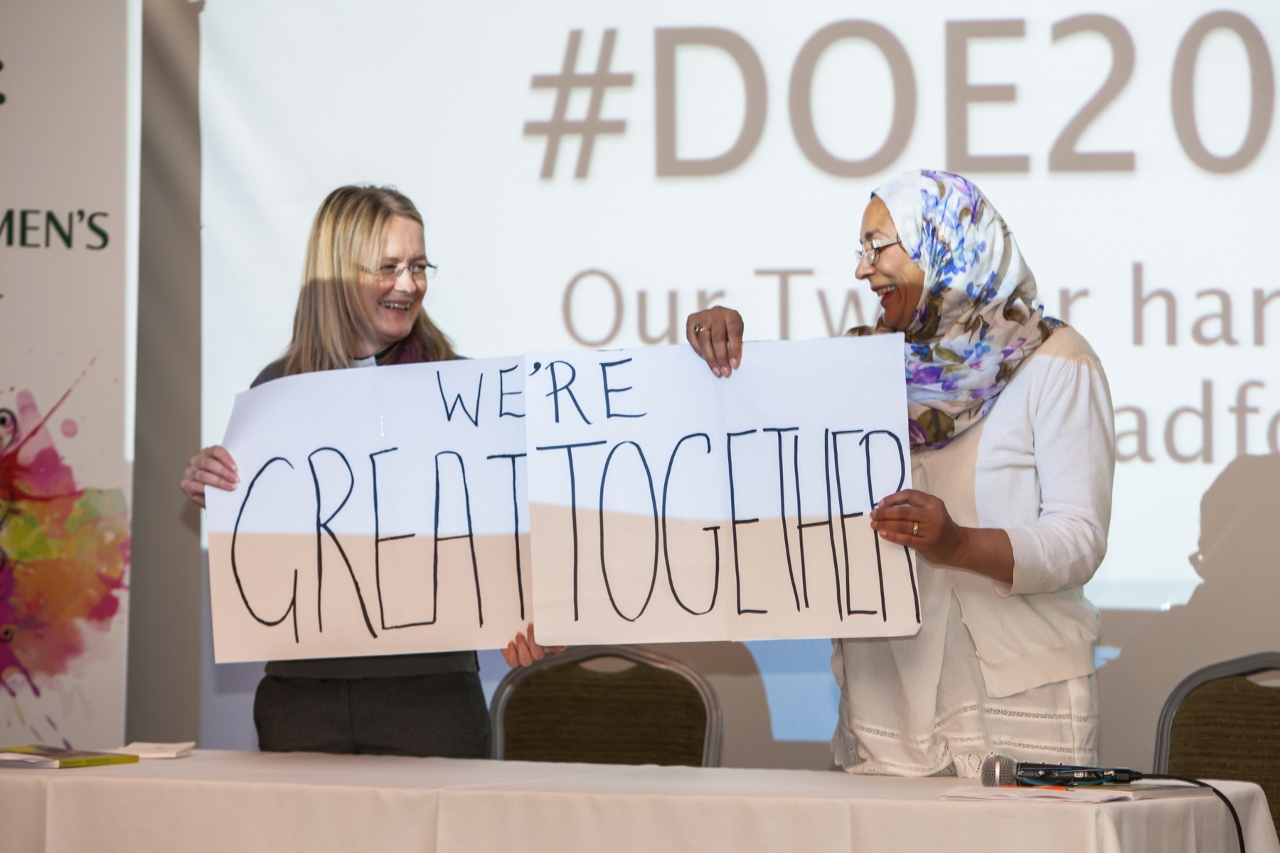
Lifting 30,000 families out of poverty in four years
The UK will launch a new drive to tear down the barriers stopping women in the world’s poorest countries from getting jobs, whilst also helping thousands to lift themselves out of poverty.
At a major UN Summit in New York last week, International Development Secretary Justine Greening announced new funding to help women in Nepal get jobs and combat violence against teenage girls in Ghana, as well as new work to help rip up laws that discriminate against women across the developing world.
Many girls and women in the developing world are denied the opportunity to get a job or face the daily threat of violence. In 18 nations husbands can legally prevent their wives from working.
In addition to law reform, the new package of support will see thousands of new construction jobs given to the poorest women in Nepal, lifting 30,000 families out of poverty by 2019. It will also give thousands of Ghanaian girls a safe space to escape violence.
Justine Greening said: “For far too long girls and women have been invisible outside of the home. They have been excluded not just from the jobs market but from owning land, from registering a business and from accessing a bank account.
“If we can break these chains of dependency, independent women will seize the opportunity to support themselves through the dignity of work, to control their own future and have their own voice.
“I firmly believe that improving the lives of girls and women is one of the smartest investments we can make, which is why Britain will continue to lead from the front on this.
“We will help tear down the barriers stopping women across the world from lifting themselves out of poverty, whether these are discriminatory laws, poor infrastructure or the threat of violence.”














